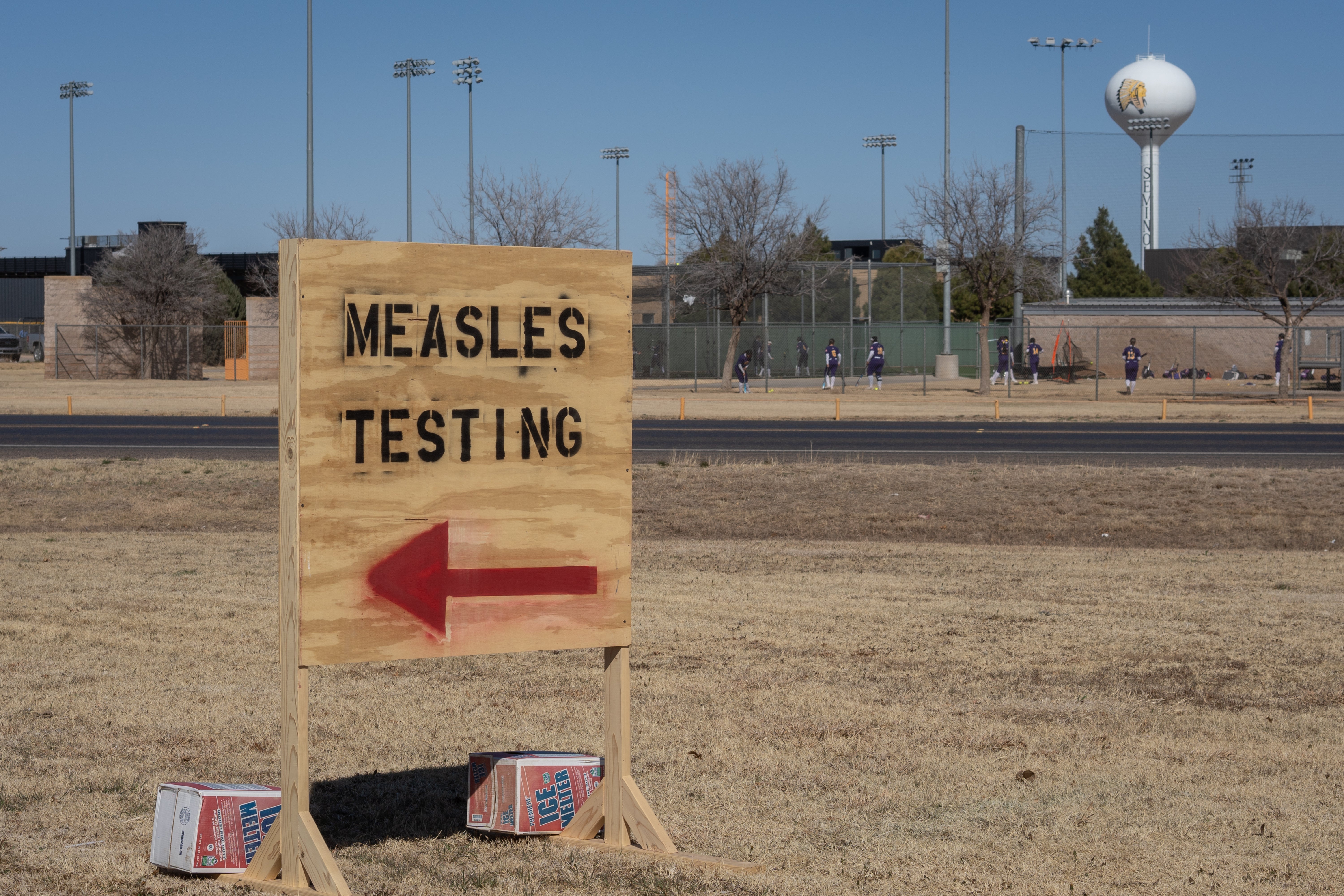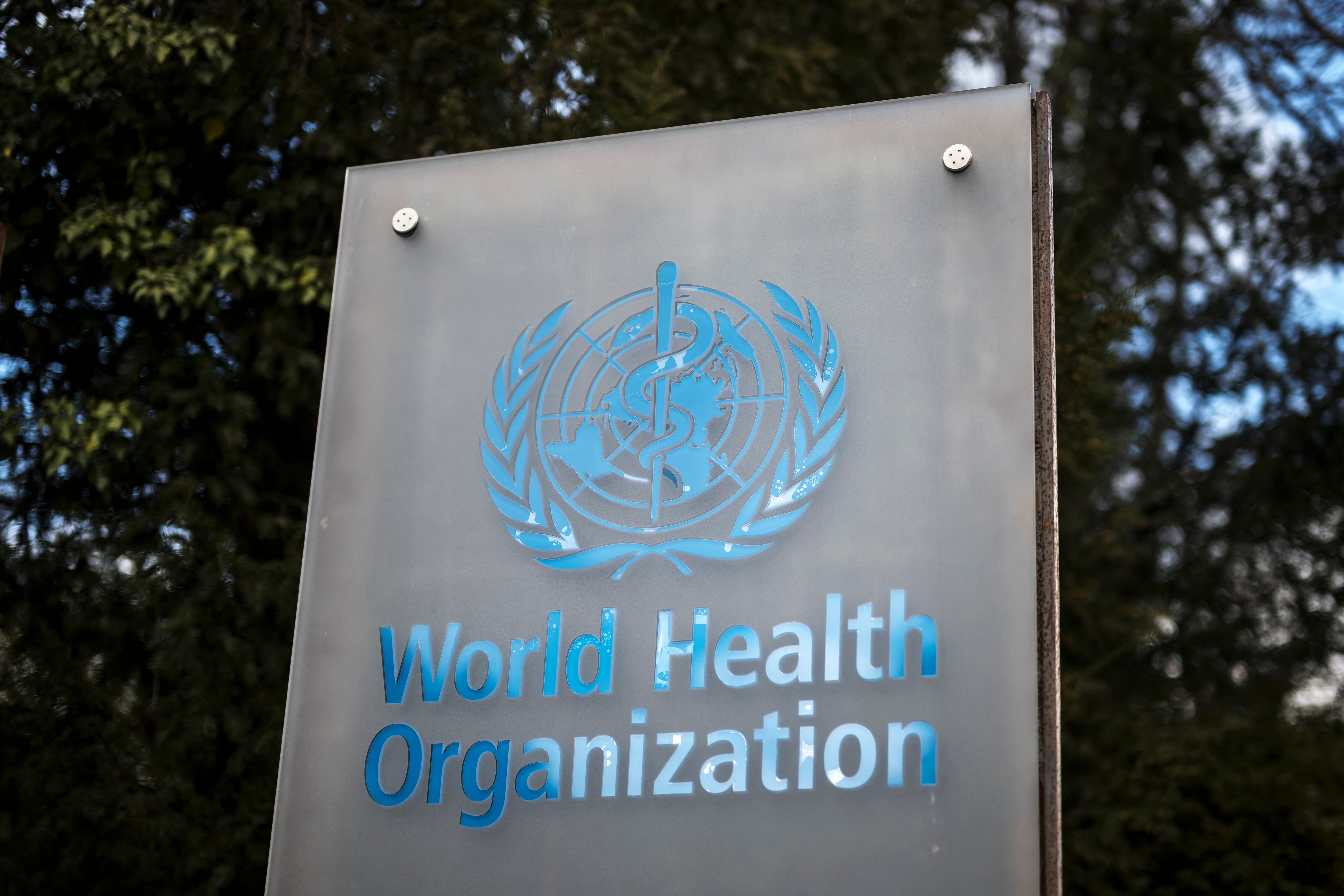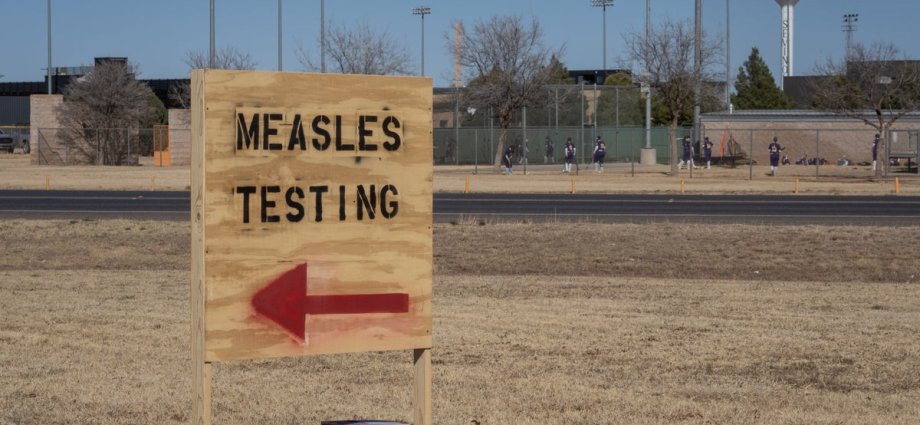The number of cases in the West Texas measles outbreak spiked again Friday, as experts call for the U.S. to take action and prevent the possibility of an epidemic.
State health officials said the number of cases of the highly infectious virus that had been identified since late January has risen from 327 on Tuesday to 400 on Friday. The number of hospitalizations only ticked up by one.
The update comes as physicians worry about the potential for spread among humans and increased transmission in unvaccinated communities, and as concerns swirl regarding multiple infections across the country.
By Friday, measles had spread across 20 communities, with the Centers for Disease Control and Prevention reporting 483 confirmed cases.
“There’s a reason why measles was targeted for the vaccine,” Dr. Jeffrey Griffiths, a professor of public health and community medicine at Tufts University School of Medicine, recently recalled. “People were pretty sick.”
Younger generations who weren’t alive during earlier measles epidemics don’t know just how harmful the disease can be, he noted.

“You want to prevent any of your loved ones or the people in your community from getting this,” Griffiths said. “And prevention of measles is really all about the vaccine.”
While many changes are being implemented at the U.S. Department of Health and Human Services, the agency is also working to respond to the outbreak and has deployed experts to assist with the response.
In a Thursday risk assessment on Thursday, the World Health Organization issued recommendations for how U.S. health leaders should proceed going forward amid the “high risk.”
No. 1 on the list is maintaining coverage with the highly effective measles-mumps-rubella vaccine and a stock of supplies. All but two of the cases in Texas were individuals who were unvaccinated or whose vaccination status was unknown. Two doses of the vaccine are 97 percent effective at preventing measles cases.

The organization is also recommending strengthening epidemiological surveillance and response capacities in “high-traffic border areas” to respond to suspected cases.
Several cases have been tied to major transportation hubs, such as Los Angeles International Airport and Union Station in Washington, D.C.
“WHO advises international travelers to check and update their vaccination status against measles prior to departure, including when planning to travel to the United States,” it said.
Health authorities say these steps and even stricter measures need to be put in place to address the risk of a national epidemic.
“This demonstrates that this (vaccine exemption) policy puts the community, the county, and surrounding states at risk because of how contagious this disease is,” Glenn Fennelly, a specialist in pediatric infectious diseases and assistant vice president of global health at Texas Tech University Health Sciences Center, told The Texas Tribune. “We are running the risk of threatening global stability.”











